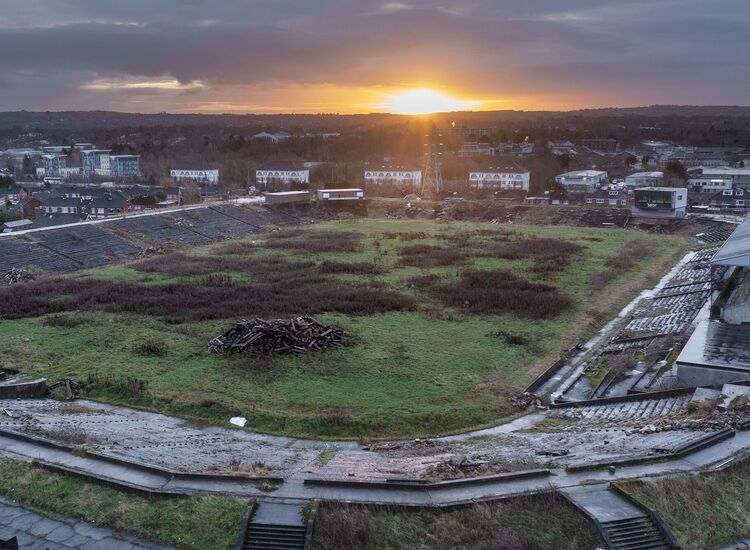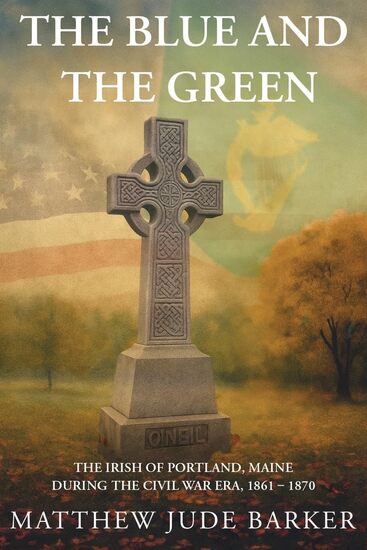In his first speech as pope on the balcony of St. Peter's Basilica, shortly after being elected pontiff on May 8, Leo XIV addressed his greeting to “all people, wherever they are, all of the people, all over the earth.” He prayed that we may “help each other to build bridges, with dialogue, with meetings, uniting us all to be one people, always in peace.”
The longed-for unity of humanity is a fundamental theme in the New Testament. Throughout his Gospel, St. Luke especially emphasized the universal outreach of the Good News of salvation. Indeed, that is one reason why Jesus’s life and message are good news.
Similarly, at the start of his “second volume,” Acts of the Apostles, he describes how the Holy Spirit at Pentecost kindled a flame of communication which would cross borders, language groups, and ethnic divisions.
“When the day of Pentecost had come, they were all together in one place. And suddenly from heaven there came a sound like the rush of a violent wind, and it filled the entire house where they were sitting. Divided tongues, as of fire, appeared among them, and a tongue rested on each of them. All of them were filled with the Holy Spirit and began to speak in other languages, as the Spirit gave them ability.
Now there were devout Jews from every nation under heaven living in Jerusalem. And at this sound the crowd gathered and was bewildered, because each one heard them speaking in the native language of each (2:1-6).”
The promise of Pentecost is that the good news of Jesus will be understood and will be at home throughout the whole world. The kingdom of God will overcome all barriers, especially of language and nationality.
Writer Susie Weller put it clearly: “You might wonder: Why is Pentecost so relevant for today?
“We are living in turbulent times — politically, ecologically, socially and spiritually. But amid this chaos, Pentecost offers us a beacon of hope. It reminds us that we can overcome our differences and work together for the greater good. It’s a call to unity, a reminder of our shared humanity that transcends all divisions.
“Pentecost inspires me to be filled with the Holy Spirit so that I can speak in ways others can hear.” (For more about her work, go to (susieweller.com).
That unification, which Pope Leo XIV calls “building bridges,” future but also present, was celebrated and experienced in San Diego, California, on Pentecost Sunday 2022 with the annual multi-cultural Mass, which includes people from 26 different countries. They were all in one gymnasium, “celebrating unity and diversity,” said the newscaster.
One lady, who was there for the first time, was enthusiastic: “This is such an amazing event. I really love it. I feel the Holy Spirit; it’s amazing to be with such a bunch of different cultures.”
Notice that feeling the Holy Spirit is not just a warm, fuzzy, generalized high; it is a feeling of joy in celebrating and experiencing what Pentecost is really about – overcoming boundaries and separations between peoples and language groups. One group appreciating and caring for the other: a harbinger of our dream of world unity.
Then Bishop of San Diego and Cardinal-Elect Robert McElroy said in 2022: “We have this Mass every year for the feast of Pentecost. It’s a wonderful moment of the cultural groups coming together.” (The cardinal was appointed archbishop of Washington D.C. in January 2025.)
Pope Francis emphasized this universal brotherhood/sisterhood in a video message to members of the John 17 Movement, an ecumenical initiative that helps build communion of friendship and love among Christian Churches towards unity. “Without thinking of our place of origin, our nationality or the color of our skin, we are children of the one same Father,” he stressed.
Joseph E. Mulligan is an American-born Jesuit priest living in Managua, Nicaragua. This is an adapted extract from his e-book “Luke: Intro to his Gospel and to Jesus’s Call to do Justice.” For a link to a free copy, email him at joemullj@gmail.com.







